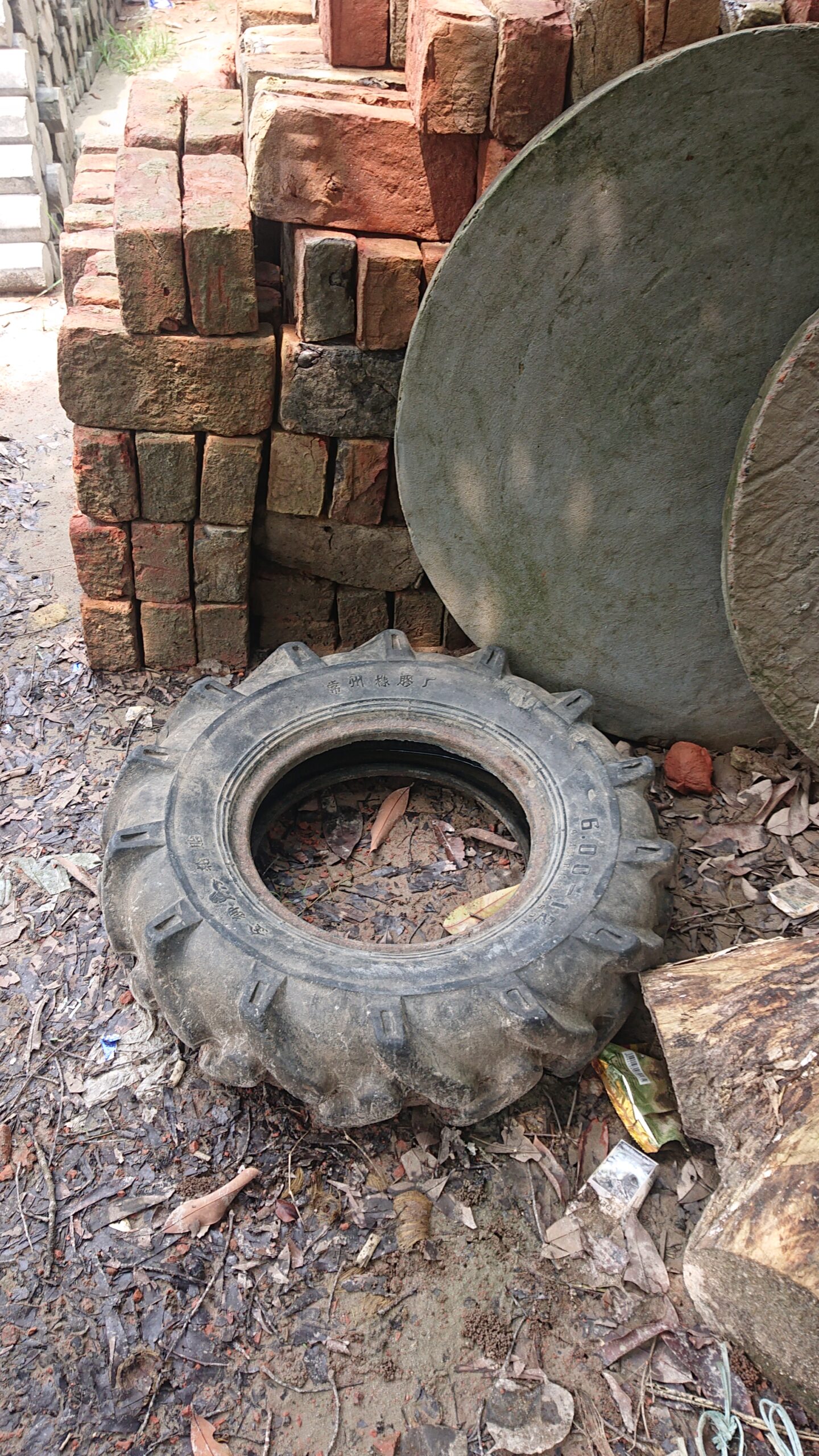New medicine for Dengue fever
Alleviation might be in sight for tropical medical clinics that are progressively overpowered during episodes of dengue, a viral infection that can cause horrendous agony and even passing. Another review has distinguished a compound that blocks dengue infection replication in test tube tests and in mice, and it may one day be accessible as a simple to-take pill.
On the off chance that it works in clinical preliminaries in people, the medication could be given at essential consideration centers, “which would be vital for the creating scene where dengue is hyperendemic,” says Jenny Low, an irresistible sickness doctor at Singapore General Hospital who was not associated with the work.
Dengue, which is spread by mosquitoes that flourish in metropolitan regions, yearly taints in excess of 400 million individuals, principally in Asia and Latin America. Most cases are gentle, and patients recuperate all alone. However, an expected 96 million individuals catch terrible fevers, rashes, and muscle and joint throbs that can go on for regard to seven days. The illness is brought about by four related infections, or serotypes; ensuing contamination with an alternate serotype builds the danger of inside draining and passing. There are no medications. During episodes, scores of patients with serious dengue depend on medical clinic care to deal with the dangerous side effects.
The need to all the while secure against each of the four serotypes has hindered dengue antibody advancement for quite a long time. Discovering a medication with adjusted movement against each of the four was “like discovering a tough-to-find little item,” says Johan Neyts, a virologist at KU Leuven who drove the review.
Beginning in 2009, Neyts’ group evaluated a huge number of little atoms for anti-dengue action utilizing a computerized high-throughput testing measure. Scientists changed a few atoms they found, delivering in excess of 2000 mixtures for additional testing. One of those, named JNJ-A07, ultimately demonstrated similarly strong against each of the four serotypes in test tube tests.
Then, the specialists directed the compound to mice, both previously, then after the fact dengue contamination, to see whether the medication may be helpful as a treatment, yet in addition as a prophylactic. In the two cases, the medication was “exceptionally powerful” in diminishing viral burdens and infection actuated sickness, the group reports today in Nature.
The mouse results legitimize clinical preliminaries for well-being and viability in people, says Cameron Simmons, an irresistible illness researcher at Monash University, Clayton. Be that as it may, resigned dengue specialist Scott Halstead, once in the past of the Uniformed Services University of the Health Sciences, alerts against elevated standards. “Experience has shown that the sort of in vitro information or even mouse model information referred to here is certainly not a dependable indicator of in vivo conduct,” he says.
Further lab work recommended JNJ-A07 blocks the working of the replication intricate, a get-together of five proteins that communicate to empower the dengue infection to duplicate itself inside cells. By revealing insight into how the dengue replication proteins collaborate, Neyts’ work could prompt different medications to treat the infection, says Eng Eong Ooi, a virologist at Duke-NUS Medical School in Singapore who was not engaged with the review.
One evident downside is that for ideal impact, the medication would need to be given inside a couple of long stretches of indication beginning before viral replication gets going. Numerous dengue patients don’t look for clinical assistance until the third or fourth day of the disease. “The helpful window to give clinical advantages is extremely short,” Simmons says.
“On the off chance that you stand by too long, it’s past the point of no return,” Neyts concurs. Arrangement of the medication would be joined by instructive lobbies for specialists and general society, he says. The medication could likewise be utilized as a prophylactic to dull the effect of a local area flare-up or by explorers visiting a dengue-endemic region, he says.
The medication is now in clinical preliminaries, however, Neyts decays to give subtleties, saying researchers will introduce an update in November at the yearly gathering of the American Society of Tropical Medicine and Hygiene. He additionally doesn’t have any desire to danger an estimate with regards to when a medication may open up.
For clinicians, Low says, that second can’t come soon enough: “The world has been looking for an immediate acting antiviral medication for quite a long time. the earliest descriptions of an outbreak date from 1779. Its viral cause and spread were understood by the early 20th century. Dengue has become a global problem since the Second World War and is common in more than 120 countries, mainly in Southeast Asia, South Asia, and South America.
New medicine for Dengue fever

More Like This Content: Dengue fever treatment